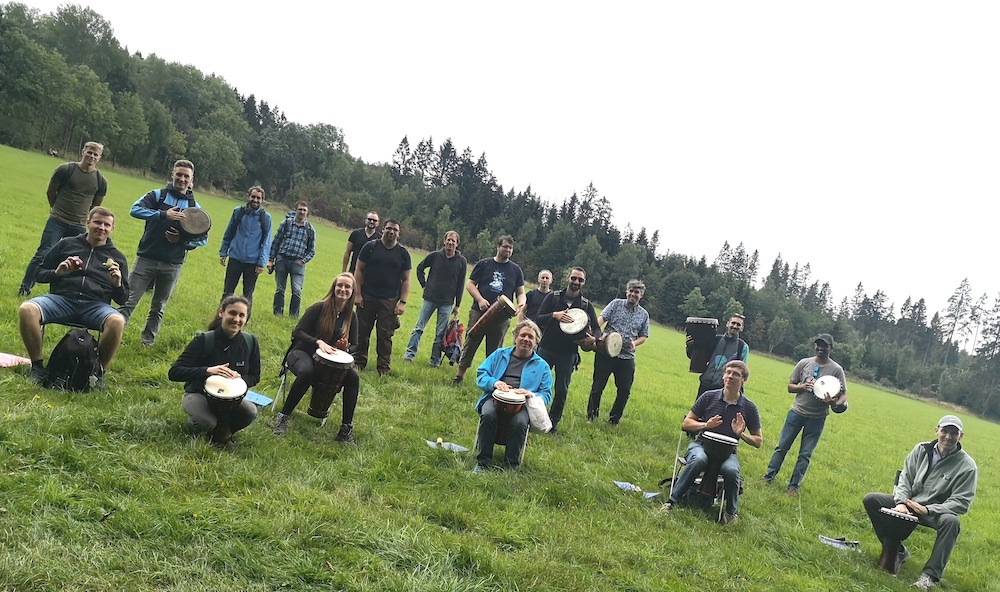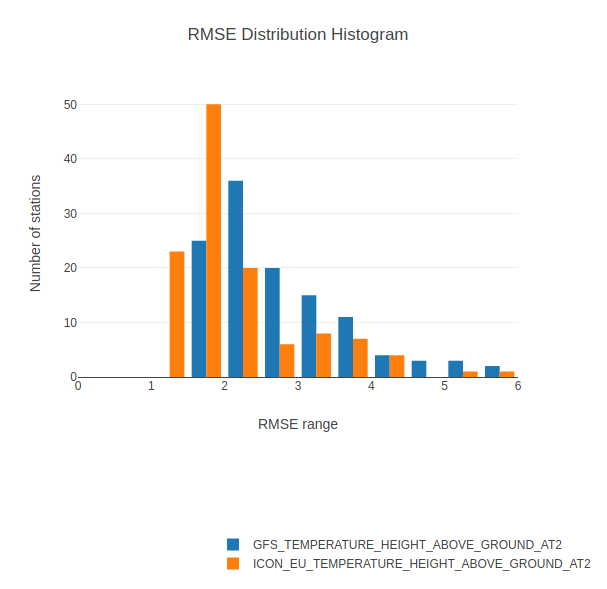Interview: “Accurate forecasts at the push of a button”
In an interview with the German newspaper “aktiv”, Dr. Henning Schulze-Lauen, Managing Director of enercast GmbH speaks about artificial intelligence and how enercast applies this technology for making renewable energy successful.
This post is a translation of the original article that can be found here (in German).
Kassel. enercast is a leading technology provider for applied artificial intelligence and the digital transformation of renewable energy. Its accurate power forecasts for wind power and solar plants help customers make decisions that enable the integration of renewable energy into power grids and energy markets. aktiv spoke with managing director Henning Schulze-Lauen about artificial intelligence and its potential.
What brought you to enercast?
For me as an engineer, securing a sustainable, climate-friendly energy supply is the central challenge of our time that will determine our future existence. enercast works at a unique intersection of energy, data and software technology, where we apply artificial intelligence methods to make efficient use of unpredictable renewable energies. To be involved in this is a dream job, and it was one of life’s charming quirks that it brought me back to my place of birth, Kassel.
What is the role of enercast in the energy business?
Wind and solar energy are not produced on schedule, but depend on the weather and other factors. Therefore, our accurate forecasts of future generation are essential for stable power grids and economical plant operation. Our customers are plant operators, utilities, electricity traders or network operators who use our platform and whom our solutions also help digitizing their processes. Economical use of renewable energies requires quick decisions that can no longer be made using conventional methods.
How does the platform work that enercast developed?
Our platform for industrial applications of artificial intelligence (AI) combines big-data technology and artificial neural networks beneath a uniform and transparent interface. The software analyzes the relationships between historical weather conditions, plant configurations and electricity production to predict the future generation of wind and solar plants. This data is then combined with several weather models by our algorithms to form a power forecast.
What is special about this technology?
In our storage system, we have one petabyte (one billion megabytes) of historical weather forecast data in rapid access. This enables us to analyze large periods of the past in the shortest possible time – a prerequisite for our self-learning AI technology to ensure continuous, automated improvement in forecast quality. In addition, our customers can carry out instant analyses at the push of a button. We also rely on open interfaces to enable the seamless integration of our results into our customers’ business processes.
How has the business changed in the past few years?
Our business is fundamentally dependent on the expansion of renewable energy production worldwide. Our business is therefore increasingly global. At the same time, the market for renewable energies is now characterized by a strong price war along the entire value chain. This is why we have also completed a comprehensive transformation at enercast. We started out as a provider of excellent AI technology and then built on that to develop a scalable, integrated product. It offers our customers reliable, ready-to-use forecasting solutions, even in full self-service mode.
Why is Kassel a good location for high-tech start-ups in renewable energies?
Kassel has become an important center of the renewable energy industry in Germany. It is home to some well-known brand names and institutions of cutting-edge research in the field of renewable energies, such as Fraunhofer IEE and the University of Kassel, with whom we also regularly carry out joint research projects. This is an inspiring environment for the highly talented people who drive our company forward and it helps us create a truly attractive workplace. MAJA BECKER-MOHR


 Back to overview
Back to overview 

